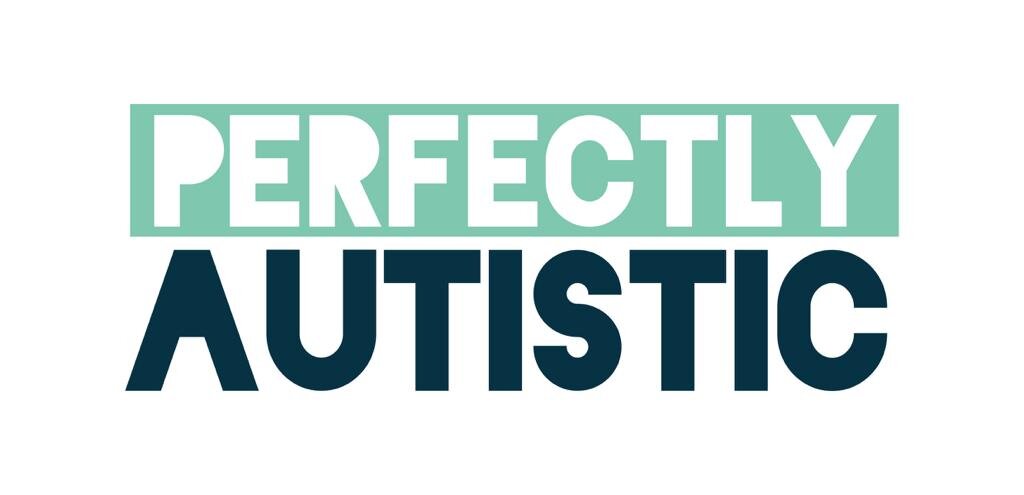Nine things companies can do to support neurodivergent employees
We still can’t believe that we launched Perfectly Autistic over four years ago now. It all started when our children were diagnosed autistic and during the process Kelly recognised a lot of the traits himself. We find this a lot talking to other parents, that once their children are diagnosed, they are too.
Kelly then went on to get a formal autism diagnosis. At the time he was working as London sales director of a global manufacturing company. He made the difficult decision to tell his manager. When he did, his boss just laughed and said: “You don’t look autistic.” Kelly explains: “It felt dismissive”. As if to say: ‘‘you don’t look autistic, so I’m not going to believe you.”
Sadly a lot of people we spoke with had had negative experiences too, so we wanted to work with organisations to help them understand the benefits of having a neurodivergent workforce.
Too much emphasis on eye contact?
Think about the recruitment process in a company. They have often been designed only with neurotypicals in mind, and some of these processes can unintentionally exclude or discriminate against neurodivergent individuals. Some of the difficulties for neurodivergent people can include feeling uncomfortable with eye contact or having less typical or uncoordinated body movements.
We place a huge emphasis in society on good eye contact and body language and often link it directly to success, particularly during interviews. When Kelly worked in recruitment, the were told to specifically ‘judge’ candidates on their handshake, eye contact and body language, before they even said one word. A weak handshake or lack or eye contact was often interuptted that the person wouldn’t be good at the job.
So what have we learned having trained thousands of people and hundreds of companies?
- One size doesn't fit all. The old saying 'Once you've met one autistic/ADHD/neurodivergent (delete as applicable) person, you've met one person' is so true. So a blanket approach just won't work.
- Neurodiversity training benefits EVERYBODY, not just neurodivergent employees. The tools, strategies and resources we share, are best practice whether you are a manager, ally or colleague.
- A top down approach for acceptance works best. If it comes from the top, more people will listen.
- Reasonable adjustments don't have to cost a penny. They are often free, so no need for the money crunchers to panic.
- Having a neurodivergent workforce promotes creativity, innovation and a different way of thinking. Why wouldn't you want that?
- If you offer neurodiversity training / speakers / workshops - it will open up conversations internally. Conversations are exciting and the way forward.
- You don't need to have all the answers. It is a journey.
- Hiring neurodivergent speakers / trainers / coaches is a must. You can't just read in a book what it's like to be autistic / ADHD. You need lived AND learned relevant experience.
- If you work in the corporate world - hire a neurodivergent speaker / trainer who understands what it's like to work in that environment.

